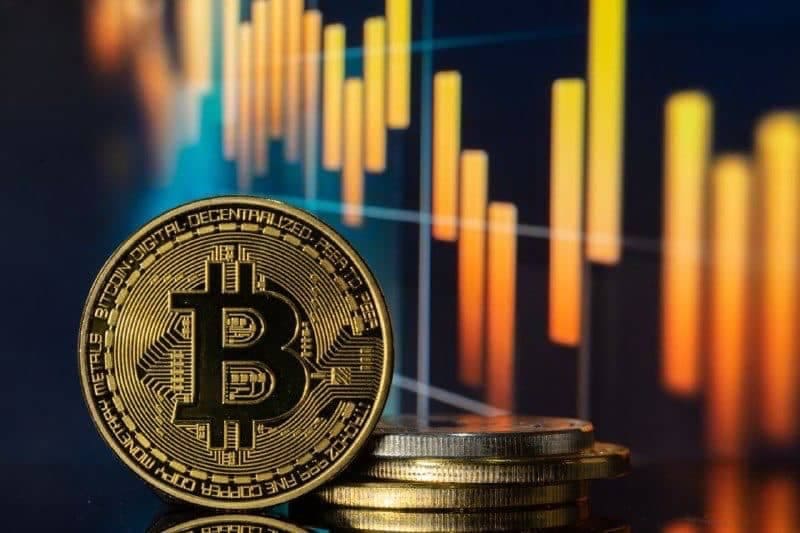[ad_1]
Bitcoin (BTC) transaction fees have increased in the last weeks, recently crossing yearly highs. On December 6, a Bitcoin transaction fee surpassed the average global daily income of $26.66.
Essentially, fees might rise when the network reaches saturation, which is relatively low on Bitcoin due to its protocol design. Users outbid each other to have their transactions confirmed first, and these dynamics increase the average or minimum network fees.
In particular, the average Bitcoin transaction fee reached a new yearly high at $37.43 on December 17. Finbold retrieved this historical data from BitInfoCharts on December 21, with the average fee at $31.61 per transaction.
Previously, Bitcoin fees peaked at $31.14 on May 8 for a single day, immediately retracing back to $3.7. However, this time is different as the average transaction fee has consistently risen and kept its higher levels.

Bitcoin average transaction fee vs. the average transaction value
Transaction fees are not related to transaction values. Instead, they are solely related to the demand for block space and the urgency of users to have their transactions confirmed quickly. Interestingly, the Bitcoin average transaction value is navigating at its lowest level in a year, unlike the former metric. Therefore, users are now paying proportionally more for their transactions than they did in 2023.

Notably, the current average transaction value is at $25,722, for an average of $31.61 (0.12%) being paid in fees. On the other hand, the median transaction fee of $16.99 is 71 times higher than the median value transacted with BTC on December 21. Evidencing the challenges for Bitcoin users in its network’s current state.

Moreover, higher fees mean less accessibility, which can also mean less possible demand for Bitcoin. Considering its constant supply inflation, a lower demand could, at one point, impact the market’s value of BTC.
In the meantime, Bitcoin investors with lower balances might also face difficulties in liquidating their coins due to the relatively high cost of this operation. Some altcoins with lower or zero fees could become more appealing investments or monetary payment tools under these conditions — as recently pointed out by Grok’s AI.
[ad_2]
Source link
